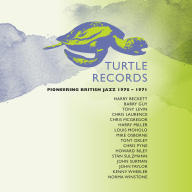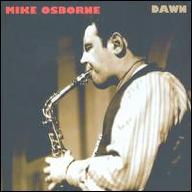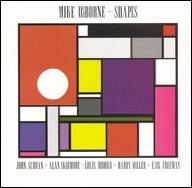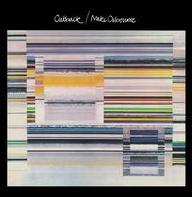Often praised as "the Jackie McLean of Britain," Osborne channeled his affection and knowledge of the post-bop idiom into a distinctively cerebral and incendiary approach all his own. As his renown grew, so did demand for his services, and in addition to serving in Surman's octet, he also collaborated in projects as diverse as pianist Chris McGregor's Brotherhood of Breath and bassist Harry Miller's Isipingo. McGregor and Miller returned the favor for 1971's Outback, the first LP credited under Osborne's name. Shapes followed in 1972 and again featured McGregor and drummer Louis Moholo, Osborne's cohorts in a trio that yielded his 1974 breakthrough Border Crossing, justly celebrated for his most impassioned and exhilarating playing on record. A year later, the trio was also documented via All Night Long, a live set recorded in August 1975 at Switzerland's Willisau Festival. Around the same time Osborne teamed with Surman and tenor saxophonist Alan Skidmore in S.O.S., cutting a self-titled album for the Ogun label. The trio also collaborated with American dancer Carolyn Carlson on the ballet +Sablier Prison, performing Surman and Skidmore's original score live at the Paris Opera.
At the end of the group's Parisian residency, Osborne again fell prey to the paranoid schizophrenia and narcotics abuse that haunted him throughout his life, and upon returning to Great Britain he was committed to a London mental health facility. Following his discharge he and wife, Louise, relocated to Norfolk, curtailing his musical pursuits. In 1977, he returned to London to lead the Ogun session Marcel's Muse, but did not resurface on record until two years later, when Ayler issued the Jon Stevens trio date Live at the Plough. The date was Osborne's final appearance on LP, although he continued playing until 1982. He spent the next quarter century in and out of institutions before dying of lung cancer on September 19, 2007, less than two weeks shy of his 66th birthday. ~ Jason Ankeny, Rovi















